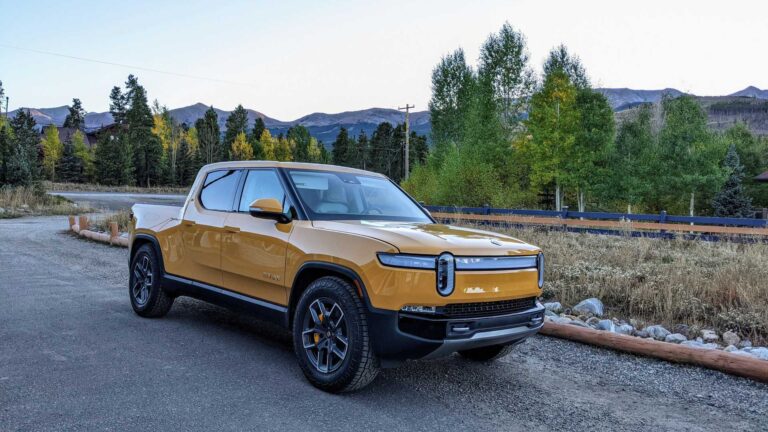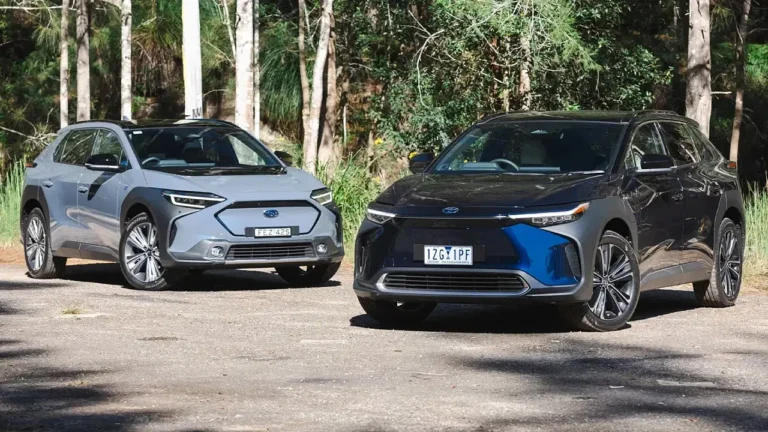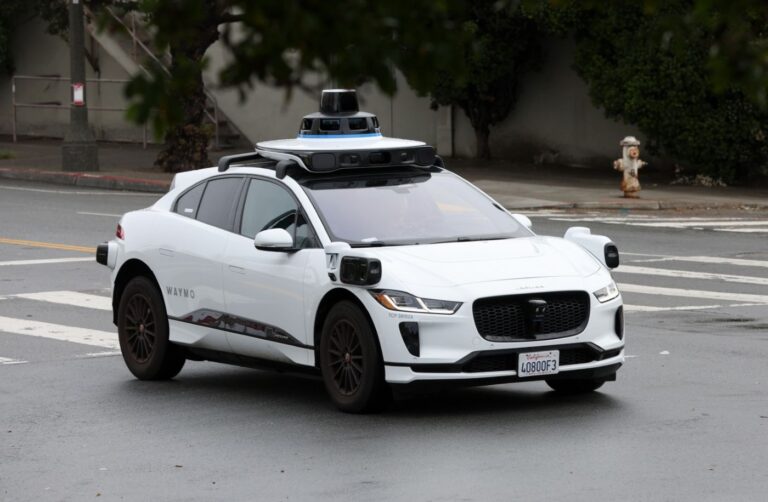According to its 2025 procurement forecast, a document released in December that outlines projected contracts, the State Department had planned to purchase $400 million worth of “Armored Tesla” vehicles later this year. However, following reports on Wednesday raising concerns about a potential conflict of interest—given Tesla CEO Elon Musk’s significant role in the Trump Administration—the document was revised. The updated version removed any reference to Tesla, replacing the line item with “Armored Electric Vehicles” instead.
By late Wednesday, both versions of the procurement forecast remained accessible on different State Department web pages. The earlier version, which explicitly mentioned Tesla, categorized the planned purchase under NAICS Code 311999, typically associated with miscellaneous food manufacturing. In contrast, the revised version—marked as modified at 9:12 p.m. on February 12—listed “Armored Electric Vehicles” under NAICS Code 561613, designated for “Armored Car Services.” No other modifications were made to the document, which contains a total of 319 line items.

The State Department’s website explains that its annual procurement forecasts are issued in accordance with the Business Opportunity Development Reform Act of 1988, which mandates that agencies compile and publish projections of contracting opportunities available to small and disadvantaged businesses. The goal is to provide “small businesses, small disadvantaged businesses, women-owned small businesses, HUBZone small businesses, and service-disabled veteran-owned small businesses” with opportunities to secure government contracts or participate in subcontracting arrangements.
In response to inquiries regarding the revision and whether Tesla remains the intended recipient of the anticipated contract—scheduled, according to the forecast, for an award date of September 30—a State Department official clarified to TIME that no government contract had been awarded to Tesla or any other vehicle manufacturer for armored electric vehicles. The official noted that the previous administration had directed the Department to explore interest from private companies in producing such vehicles. As part of that process, the Department issued a public Request for Information, receiving interest from only one company at the time. The next step in the process would have been an official solicitation inviting manufacturers to submit bids; however, that solicitation is currently on hold, with no immediate plans for issuance.
Tesla has yet to respond to a request for comment.
Early Thursday, Musk addressed the reports on X, the social media platform he owns, posting, “I’m pretty sure Tesla isn’t getting $400M. No one mentioned it to me, at least.”

Musk, who leads the newly established Department of Government Efficiency (DOGE)—a body that has begun exerting influence over several agency budgets—also runs multiple companies, including Tesla and SpaceX, both of which have significant stakes in federal regulations and government contracts. On Tuesday, during an appearance at the White House, Musk responded to concerns about potential conflicts of interest, asserting that DOGE operates with transparency. “Transparency is what builds trust,” he said, pointing to DOGE’s account on X. “You can see: Am I doing something that benefits one of my companies or not? … I fully expect to be scrutinized.”
President Trump suggested that Musk’s actions would be subject to oversight, stating on Tuesday from the Oval Office—while seated beside Musk—that “If we thought there was a lack of transparency or a conflict of interest, we would not let him do that segment or look in that area.” However, White House Press Secretary Karoline Leavitt previously indicated that the President is comfortable allowing Musk to self-regulate, saying, “If Elon Musk comes across a conflict of interest with the contracts and the funding that DOGE is overseeing, then Elon will excuse himself from those contracts.”



